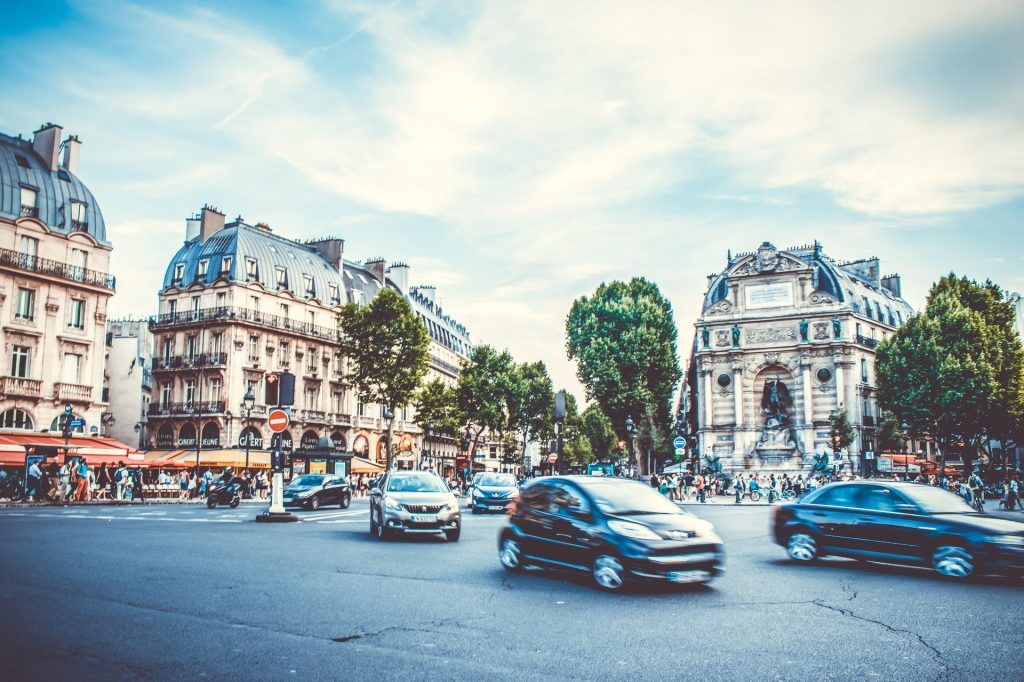Air Pollution
Global demand for
better urban air
Urban air pollution is an acute problem
Fine dust and gaseous pollutants such as nitrogen oxides are invisible but considerable health risks. According to WHO- Report the air in many cities worldwide is heavily polluted, affecting many millions of people. The causes of air pollution are manifold and can hardly be eliminated in the medium term. Active cleaning of polluted air at hotspots is therefore a necessary interim solution.
The EU limit for PM10-particulate matter are 50 microgram per m3 of air and for nitrogen oxides 40 micrograms per m3 of air.

Worldwide need for better air in cities
9 European countries surpass these limits since many years: Germany, France, Spain, Italy, Great-Britain, Romania, Hungary, the Czech Republic and Slovakia.
In Germany alone 66 municipalities surpass the nitrogen oxidlimit.
Citation: Bundesumweltamt, 2017
With the Purevento urban air purifier we want to offer the economically and ecologically sensible solution for the efficient improvement of polluted urban air.
Air is life
Air is a common resource
Air is a public good and should be clean and unlimited for all to use.

The city air cleaner can purify up to 60.000 m3 air per hour, the equivalent volume of 1.800 standard containers.
Air purification
We have defined the requirements
in the first instance
The existing approaches to cleanse city air are not practical as they suffer from various limitations.
- too big for roadside use
- too heavy and not mobile enough to change positions easily
- too inefficient with regard to the efficiency level compared to investment costs and further efforts
- too intransparent with regard to proven efficiency, energy consumption or running costs
- too expensive for municipal budgets
- not available as single unit production or test product
- Planting trees
- switch to electric cars
- Create cycle paths
- Development of local public passenger transport
- Driving bans for heavily frequented road sections

